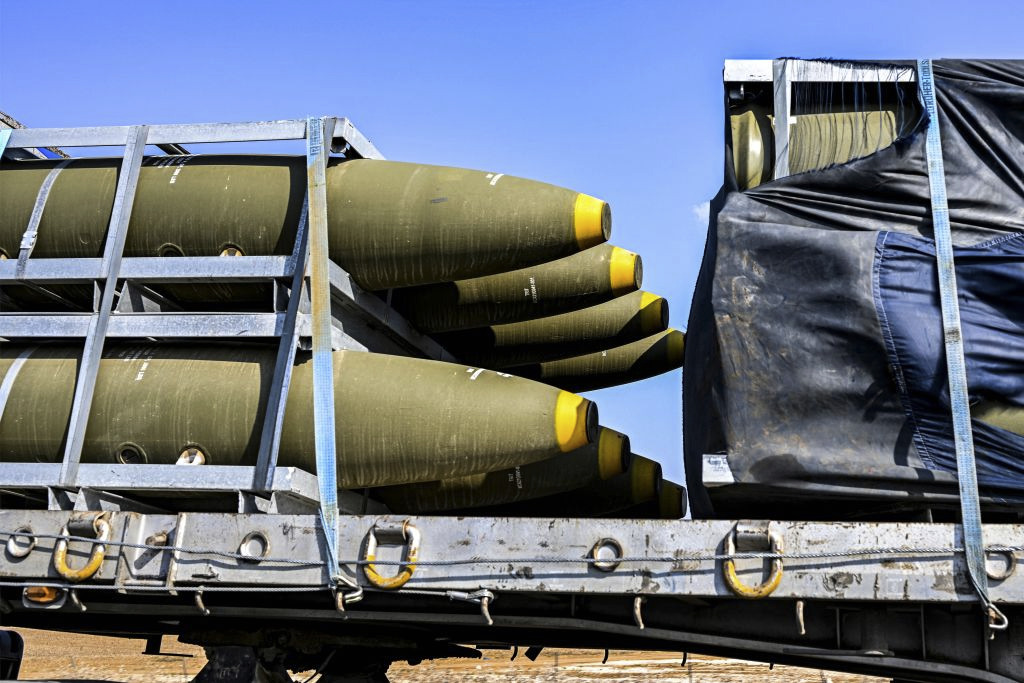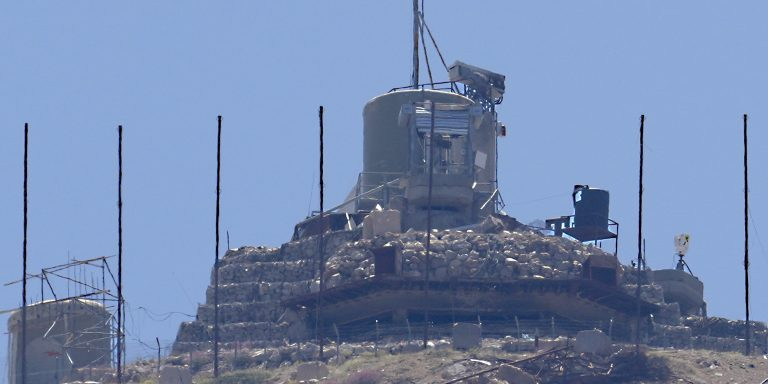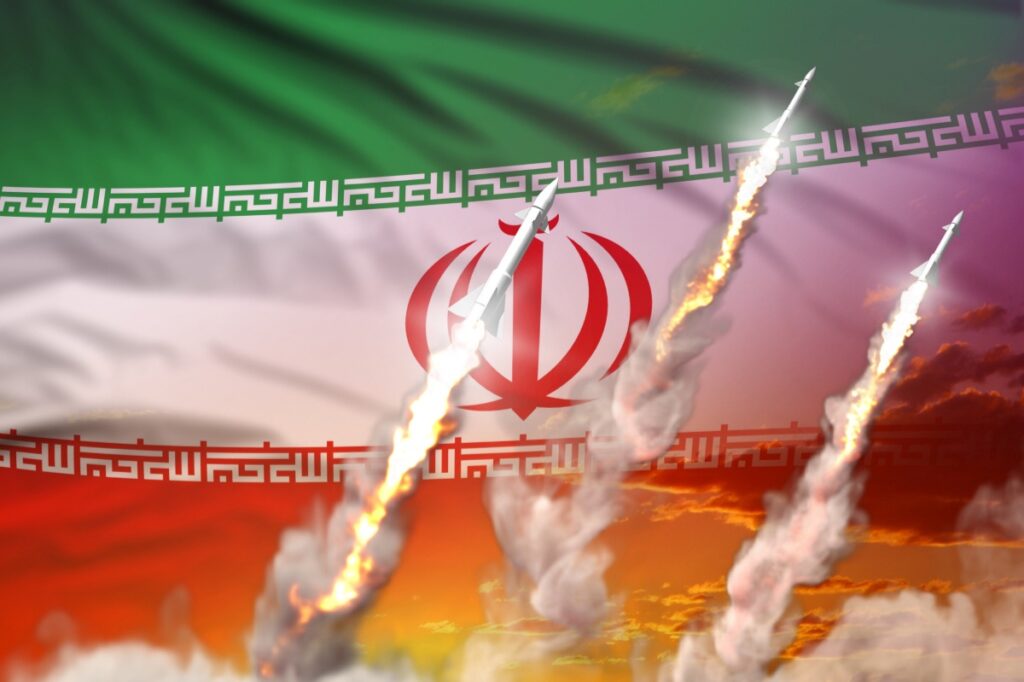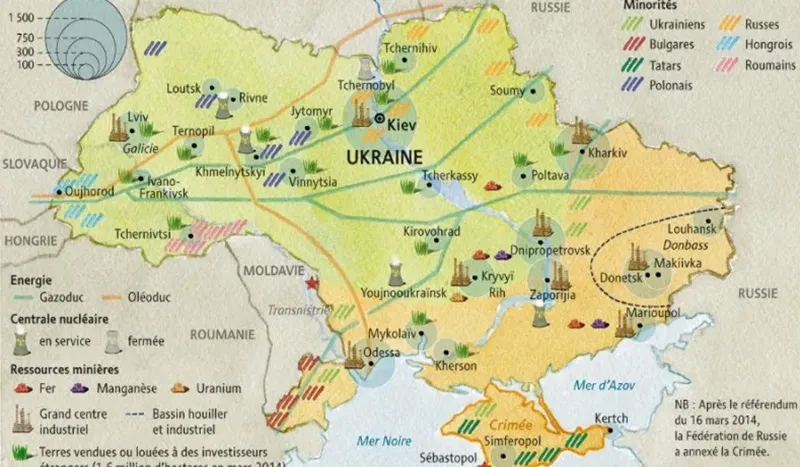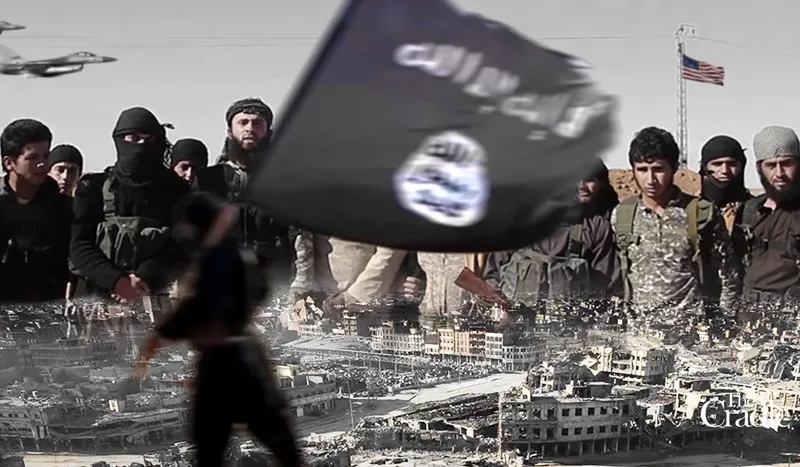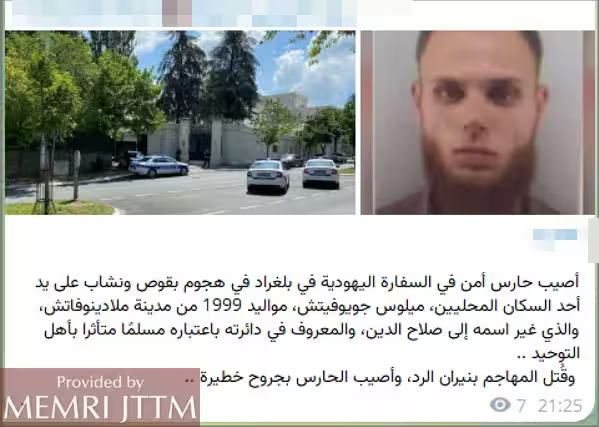The crisis of British model of Democracy: A landslide without majority vote share

The smooth and quick transfer of power in UK speak volume on the great democratic tradition in that country. Election results came out during the day and by the afternoon outgoing Prime Minister Rishi Sunak went to Buckingham Palace to tender his resignation. By the time, he stepped out, Labour leader Keir Starmer was appointed the Prime Minister by the King and within minutes he addresses the nation at the historic entrance of No 10-downing street. The Prime minister paid tribute to his predecessor Rishi Sunak and acknowledged his contribution to Britain. With-in hours, the Prime Minister announced his cabinet and the transfer of power was completed without any pomp and show. Britain, that way, is a great example unlike United States where the new President takes oath nearly two months after the results are out in November in a great pomp and show though both the forms of governments are based on majoritarianism and revolve around the white power elite of these countries.

